For most of my Fulbright period in Chicago, I focused on teaching jazz singing, attending classes and conducting some very interesting interviews. In this article, I would like to introduce you to the teachers at the college, and I interviewed three of them about themselves, their musical beliefs, pedagogy, and their work in music outside of school. But I would also like to highlight those with whom I did not have the opportunity to speak in depth, but who I attended their classes and who told me a lot about themselves, their love for their students, their pedagogical professionalism and their singing qualities.
This brief summary gives an insight into the work of a voice department in an American university, where equality, openness, crossing genre boundaries, preparation for real life and a very positive outlook on life dominate the atmosphere and daily work. I am grateful to have been given an insight into this environment and to have gained a wealth of personal experience that I can draw on in my future musical and pedagogical work.
Bobbi Wilsyn
She has been a teacher at Columbia College for 40 years and has extensive professional and pedagogical experience, she has been awarded the titles of Professor Emerita and Honorary Doctor of Arts, she is still an active singer, I have heard her in many of her concerts, she has a wonderful voice, an impressive range, a great improvisational technique and a direct performance style, she grew up classically trained, sang gospel, pop, rock and R&B, as she put it, she had three voices, later she started singing jazz and early in her career she was influenced by Lena Horn and Tomy Bennett.
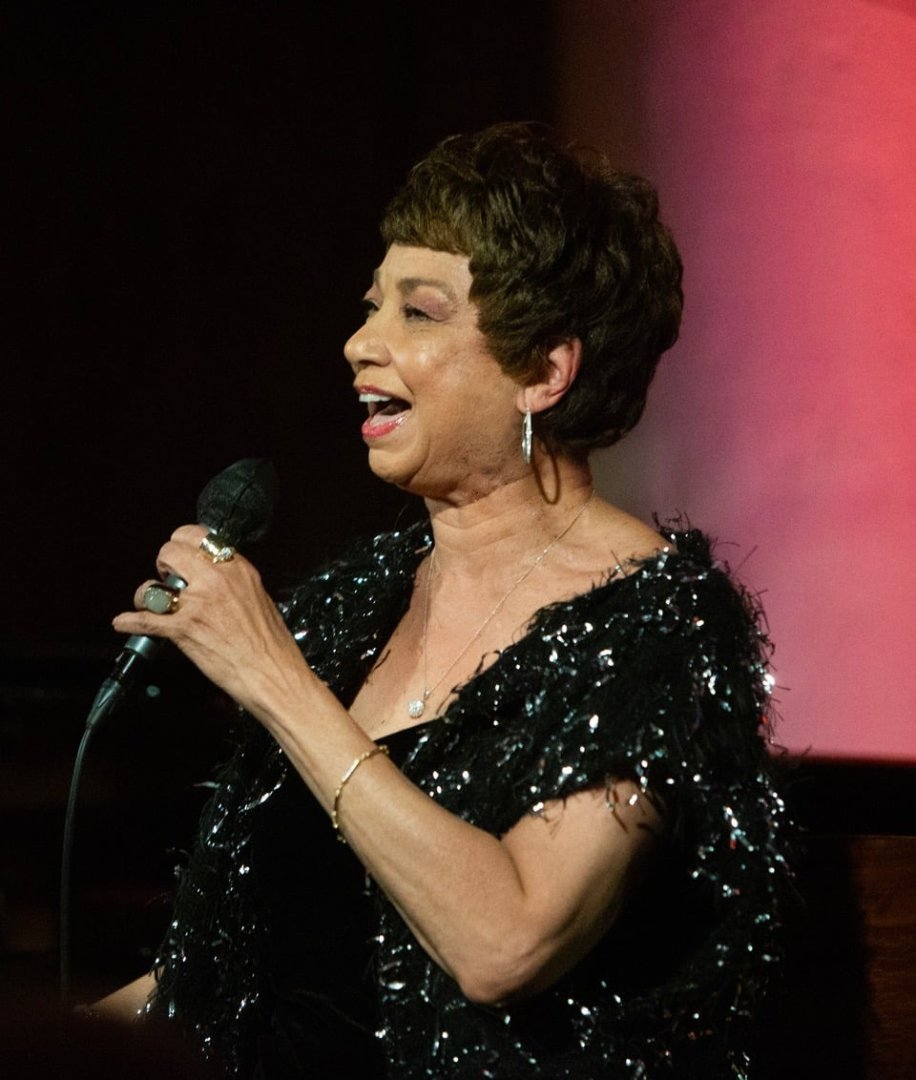
His performance style is text-centred, and on stage he doesn’t just talk about the author or lyricist of the songs, but the whole history of the piece, who performed it, who sang it, when, what it’s about, etc…. She sings with great energy, she takes great rhythmic freedom in her performance of the songs, as she puts it: „Yes, I’m telling a story, and whatever little things I take out of my vocal technical bag to tell that story, I do it in the same way that a painter would change brushes or colours”. He also spent a great deal of time in the classroom analysing song lyrics and staging performances. After retiring from teaching, Bobbi Wilsyn put together workshops of her favourite songs, „Music with a Message”, where she offers tips and guidance on how to connect with the Universal Presence within us, as an avid fan of metaphysical principles for over 50 years.
Monique Typhanie – Head of the vocal department, creator of the jazz vocal programme
She has studied privately with Bobby McFerrin, Sheila Jordan and Mark Murphy, and has a passion for singing with Sarah Vaughan and Aratha Franklin, as well as Ella Fitzgerald and Whitney Houston. She has studied privately with Bobby McFerrin, Sheila Jordan and Mark Murphy, and has a passion for singing with Sarah Vaughan and Aratha Franklin, as well as Ella Fitzgerald and Whitney Houston.These names should assure the reader that Typhanie has an extraordinary vocal gift, at home in many genres.
She thinks that Columbia College’s „open admission” policy is very nice, that there is no admission to the BA programme, but it is also difficult because often a teacher has to tell a student that this is not the career for him or her.
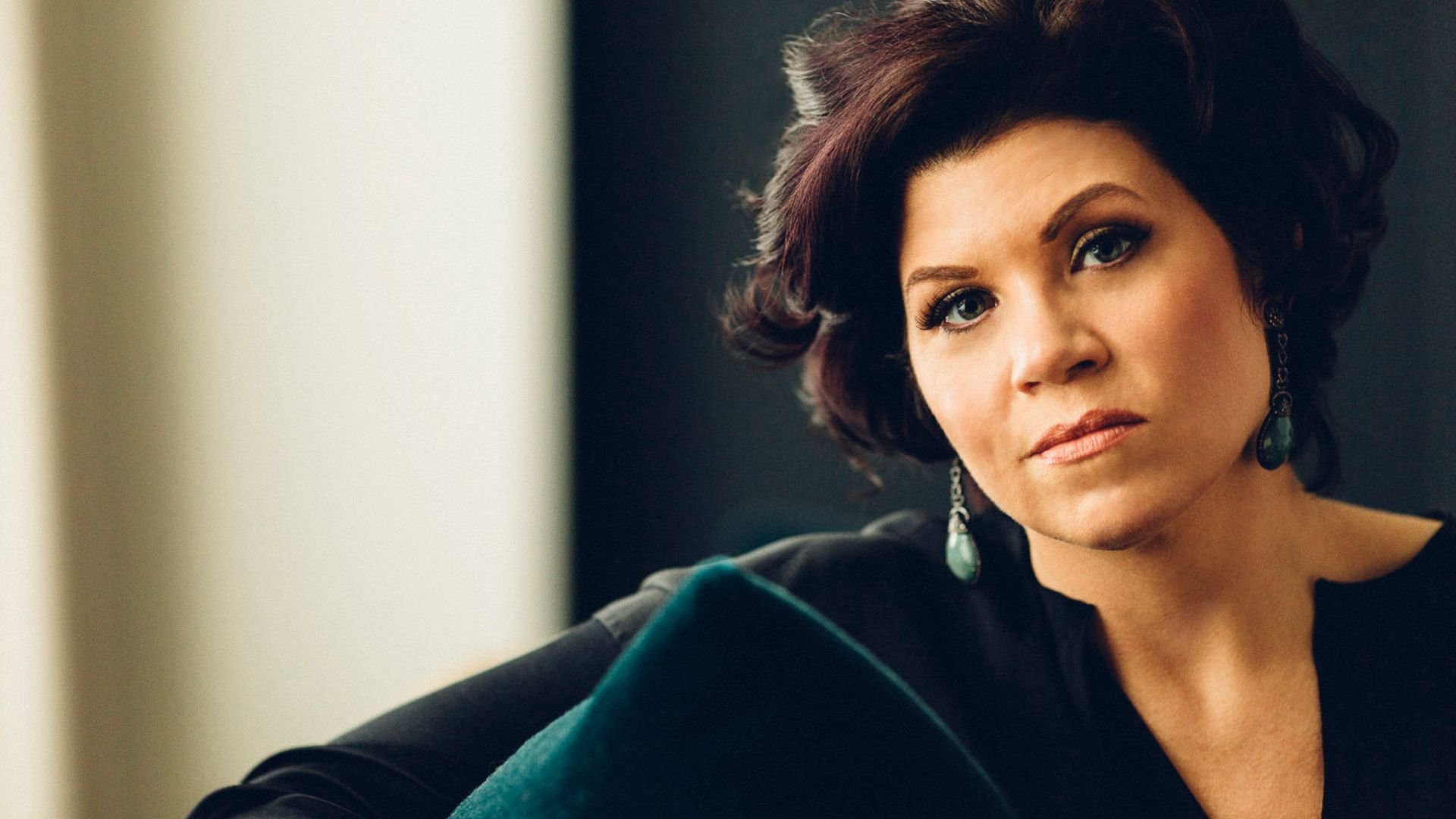
The structure of the singing department is very complex, with a large staff of around 200 people, as the singers in the Music Theatre department are also taught by Typhanie and her colleagues.
The way the department works is very flexible, e.g. the links with other departments, the interchangeability between the Music Business and Music Technology departments. You can study composition, songwriting, apply for a styling course, choose from a variety of genres, e.g. hip hop, pop, country, jazz, R&B, gospel, all genres with the possibility of orchestral practice.
Singers learn anatomy and breathing techniques in group classes. I found the weekly „master classes” very interesting and useful, either with a lecture on important stage presence issues – microphone handling, nervousness, etc. – or with a performance by singers selected according to a given system and evaluated by the teachers present.
The usual examinations are replaced by stage performances in front of a jury.
Singing students have 12 lessons per 15-week term and work on 5-6 songs per term. Those who have also studied songwriting are required to perform their own compositions at their final exam, and those who excel get to perform at a special concert called the Singer Showcase.
Typhanie is a counsellor for a programme called Bandwidth, which is linked to a very poor neighbourhood called the After School Matters programme. It’s a musical arts project that’s offered to students after school so they don’t have to go home.
Carol Lo Verde, former voice teacher, former wife of William Russo, professional lyric soprano concert singer
Carol, who grew up with a classical education, has performed medieval, Renaissance and Baroque concerts, but she also has a passion for contemporary music, especially Greek songs, some of which she has performed at festivals and at the Greek-American Academy. In fact, he came to teach at Columbia because he didn’t want to be in a music department that only taught classical singing.
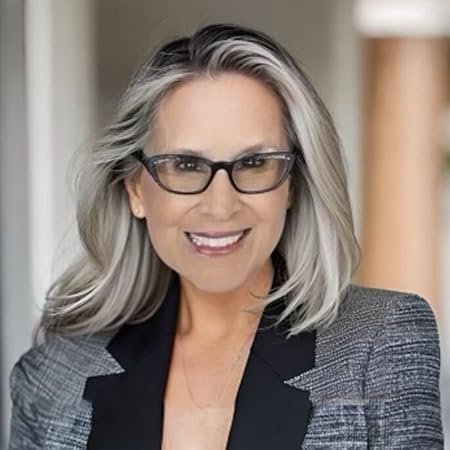
He developed several courses for our students, focusing on breathing technique, which is the cornerstone of any singing style. As he put it, „Whether you are singing soul, rock, jazz, musical theatre or classical, the manipulation of the breath with vowels and consonants and all the requirements to achieve each style of singing are only solidified by good breathing technique, which is achieved through the full engagement of the singer’s physical body”.
In our conversation, Carol repeatedly mentioned the principles of William Russo in her teaching, who loved to introduce students to the connections between literature, painting, music and its various forms. He taught courses on this subject, and this was his vision for the music department: to give students the opportunity to find something that would make the world a better place.
Christopher A. Joyner, gospel choir director, tenor singer.
If I could fly anyone to Hungary right now, it would be Christopher. Then both teacher and student could experience how to lead a real gospel choir. Musical knowledge, experience, incredible energy, faith, love, brilliant vocal technique. Every rehearsal was a real experience when I could sing with the students: the warming up together, the attention to everything and everyone – about 70 students in total – and the singing with great emotional charge had a great impact on me. It showed what joyful, emotional and dynamic music can be created from simple pieces, even in monophonic form. I have stored this impulse forever.
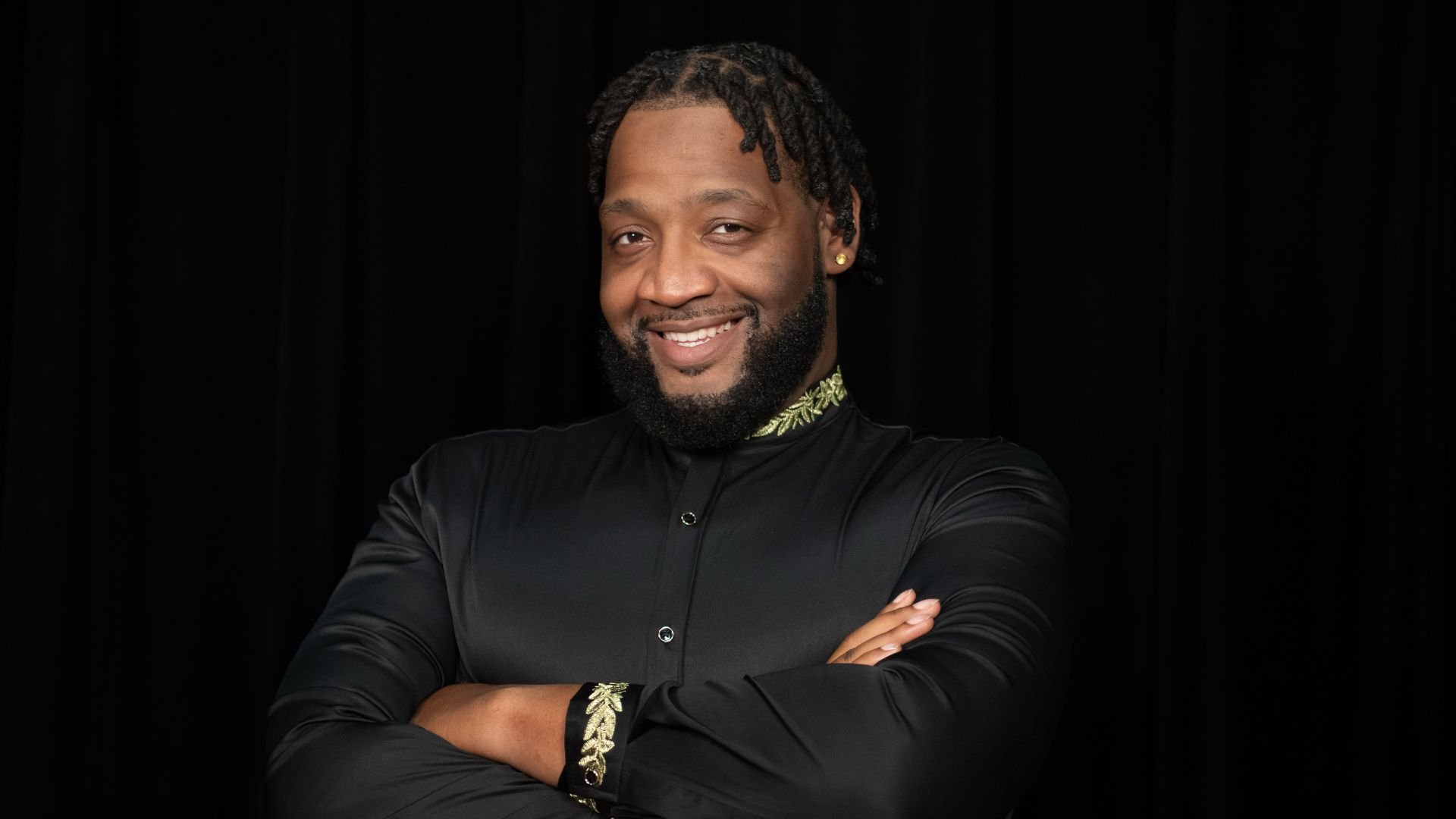
Ellen Winters Reynolds, Jazz-pop choir leader
A vocal coach at Columbia for more than 15 years, Ellen is an accomplished jazz vocalist, performs extensively with her Signature Band, and serves as co-chair and board member of the Chicago Cabaret Professionals Education Committee.
Ellen taught the jazz-pop choir at Columbia College, and I attended rehearsals whenever I could. Although the strategies of the vocal classes here and those she taught are not very different (since the system of teaching the pieces is similar everywhere), solo rehearsals in very small groups were not a problem, since there were plenty of rehearsal rooms available. However, I would like to highlight Ellen’s professionalism in dealing with some 50-60 students of very different levels. Her positive attitude, good humour and pedagogical methods were extremely effective, she spent a lot of time on text, style, dynamic arcs, common voice starts and singing together. The atmosphere of her classes says it all: „Ellen Winters is a rare phenomenon. With a charming and intelligent performance style, she brings a fresh energy to jazz singing at a time when originality is in short supply”.
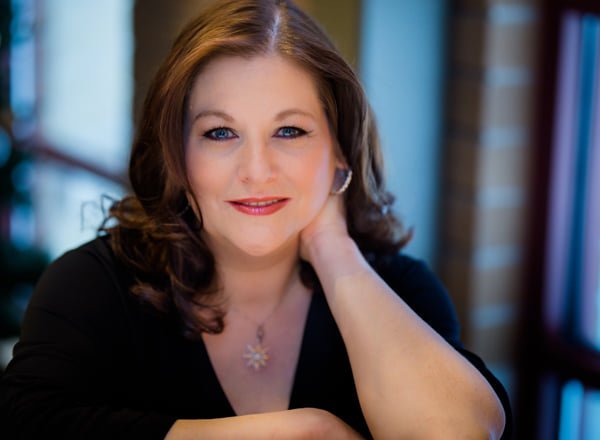
To sum up the Chicago vocal education experience: flexible and plentiful electives, openness to all the arts, songwriting opportunities, strong emphasis on performing arts, stage presence. More group lessons where students inspire each other, less curriculum with more in-depth development. Of course, there are many exercises that cannot be presented in the pages of this magazine. I am glad to have been personally involved in all this.











